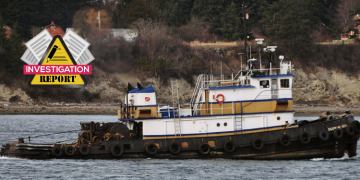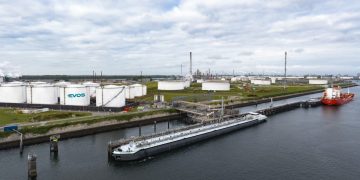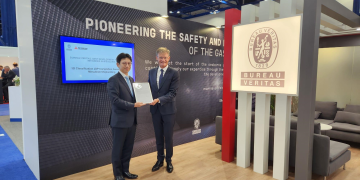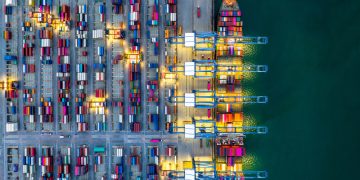Revised Recommendations For Entering Enclosed Spaces
Revised recommendations update and expand previous guidance The West of England P&I Club issues Revised Recommendations for Entering Enclosed Spaces aboard Ships as follows:On 30 November 2011 the International Maritime Organisation (IMO) adopted Resolution A.1050(27) "Revised Recommendations for Entering Enclosed Spaces Aboard Ships". The revised recommendations replace Resolution A.864(20) published in 1997.Changes in the Revised Recommendations for Entering Enclosed Spaces aboard ShipsThe revised recommendations update and expand the previous guidance and include a number of changes as follows:Section 2 - DefinitionsTwo new definitions have been included in the guidelines for an "adjacent connected space" and an "Attendant". An "adjacent connected space" is defined as "a normally unventilated space which is not used for cargo but which may share the same atmospheric characteristics with the enclosed space such as, but not limited to, a cargo space accessway". An "Attendant" is defined as "a person who is suitably trained within the safety management system, maintains a watch over those entering the enclosed space, maintains communications with those inside the space and initiates the emergency procedures in the event of an incident occurring". Section 3 - Safety Management for Entry into Enclosed SpacesThis section is new and reads as follows:"The safety strategy to ...
Read more


























































